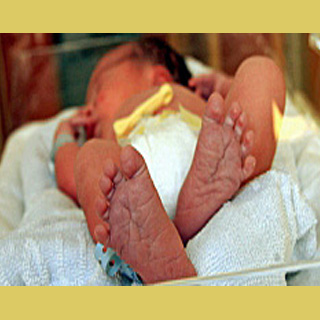
Blood of the umbilical cord gathered by 243 new-born babies was scrutinized for measuring total amount of IgE. The quantity of IgE gained by the mother was noted through hypersensitive analysis of the biomarker in umbilical blood. During this analysis blood from the mother and her baby gained after six months of birth was scrutinized. Dr. Klaus Bonnelykke, PhD and colleagues found that almost half the tests with increased IgE levels in umbilical blood were due to IgE from the mother.
It was suggested that while evaluating the umbilical blood for chances of an infant to develop asthma or allergy, IgE transferred from the mother has to be considered. Even novel methods to assess risks of allergies in infants can be introduced. Such tests can probably help ascertain whether babies need a special allergy-friendly milk substitute.
The research is published in the Journal of Allergy and Clinical Immunology.
